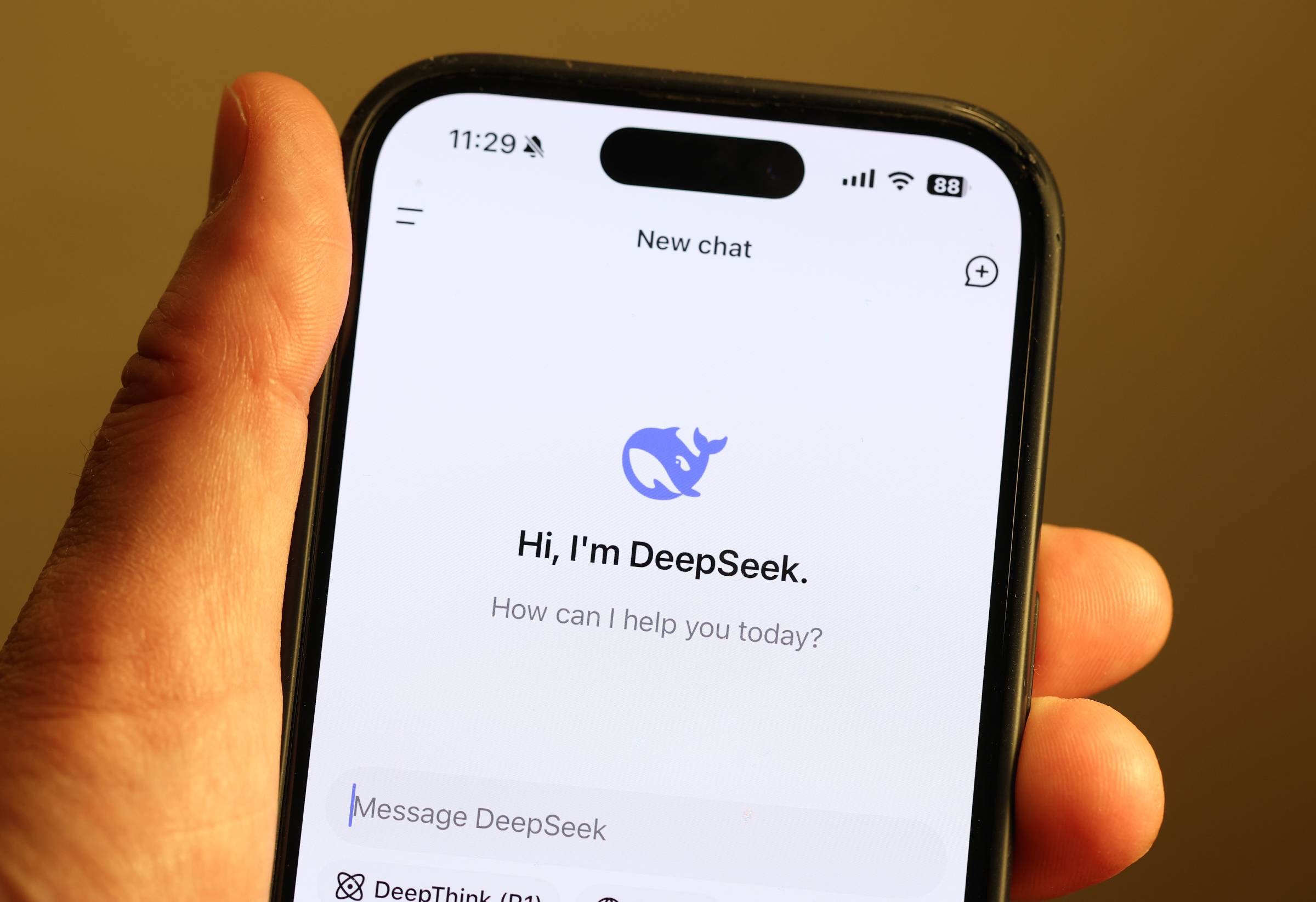
Google is set to embark on a game-changing integration in the tech industry, announcing plans to merge its Android and hardware teams. This strategic move aims to foster a more unified approach to incorporating artificial intelligence (AI) across all its devices and services. As digital technology continues to evolve, Google’s dramatic shift underscores its commitment to pioneering an AI-infused future, leveraging its vast ecosystem of software and hardware capabilities.
This decision to consolidate comes as the Silicon Valley behemoth recognizes the increasing importance of AI in shaping next-generation user experiences. Android, Google’s ubiquitous operating system that powers a vast array of devices worldwide, will play a central role in this transformation. The integration of the hardware team, known for developing products like the Pixel smartphones, Nest devices, and various home accessories, signifies a bold step towards a more cohesive and intelligent suite of consumer technology offerings.
At the heart of this ambitious strategy is Google’s aspiration to ensure AI is not merely an add-on feature but a foundational component of all its devices and services. This move promises to redefine how consumers interact with technology, making AI-assisted functionalities like voice recognition, context-aware computing, and autonomous decision-making more seamless and integrated into daily life.
The merger of these pivotal teams represents a response to the evolving tech landscape, where AI integration is becoming a critical differentiator. As competitors like Apple and Samsung also intensify their focus on AI, Google’s approach aims at leveraging its deep expertise in machine learning and software innovation to stay ahead in the race. By fostering a closer collaboration between the teams that build its hardware and the ones that develop Android, Google intends to create a more harmonized user experience across its entire ecosystem.
The implications of this strategy extend beyond just enhancing product functionality. It also reflects a broader vision for the future of technology, where devices are not only interconnected but are also imbued with the intelligence to understand and predict users’ needs. Google envisions a future where its offerings, powered by AI, provide a level of personalization and utility unprecedented in the tech industry.
This organizational shake-up will also likely have significant ramifications for developers and partners within the Android ecosystem. With AI at the core of Google’s strategy, developers might need to adapt to new frameworks and tools designed to take advantage of this integrated approach. Furthermore, this could accelerate the development of emerging technologies such as IoT (Internet of Things), augmented reality, and next-generation connectivity solutions, all of which stand to benefit from deeper AI integration.
As Google embarks on this journey to infuse AI into everything it does, the tech community and consumers alike are keenly watching. The merger of the Android and hardware teams is not just an internal reorganization; it’s a statement of intent. Google is looking to lead by example, showing how AI can not only enhance technology but also make it more intuitive, efficient, and, ultimately, indispensable in our lives. The forthcoming years will likely see a transformation in how we interact with devices, driven by intelligent software that understands our needs better than ever before.
Source






